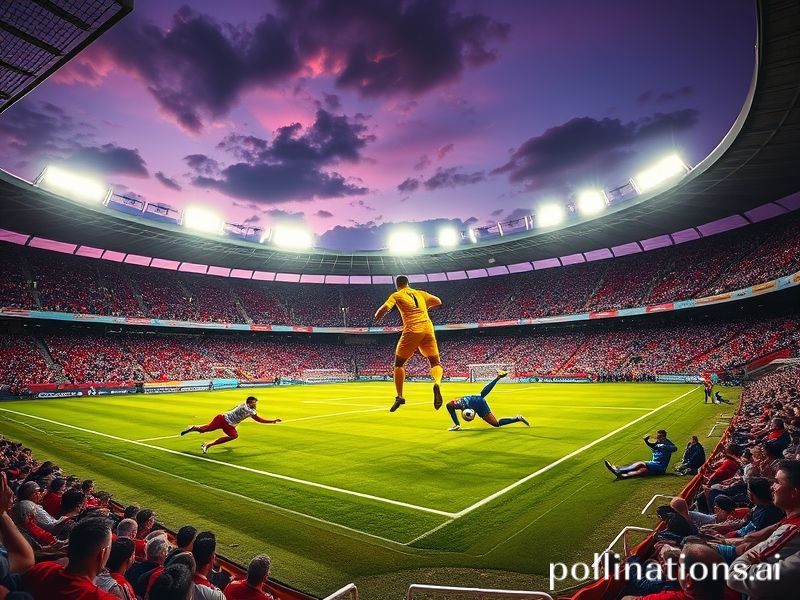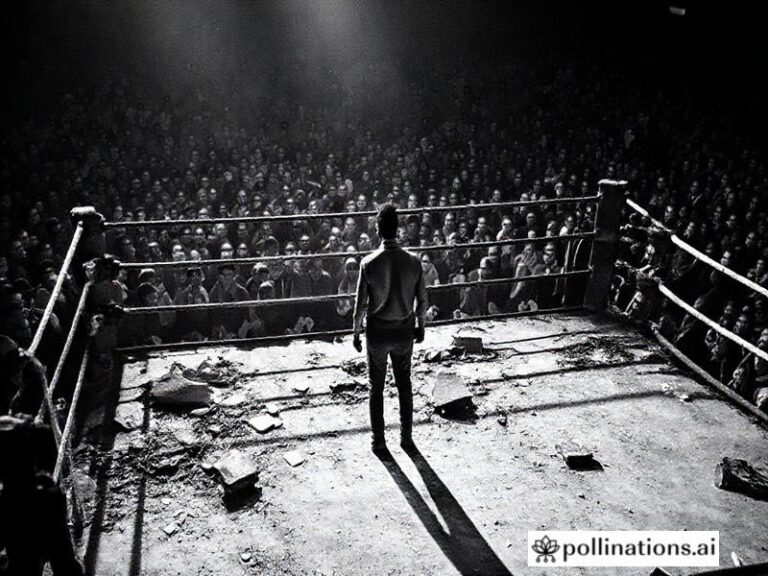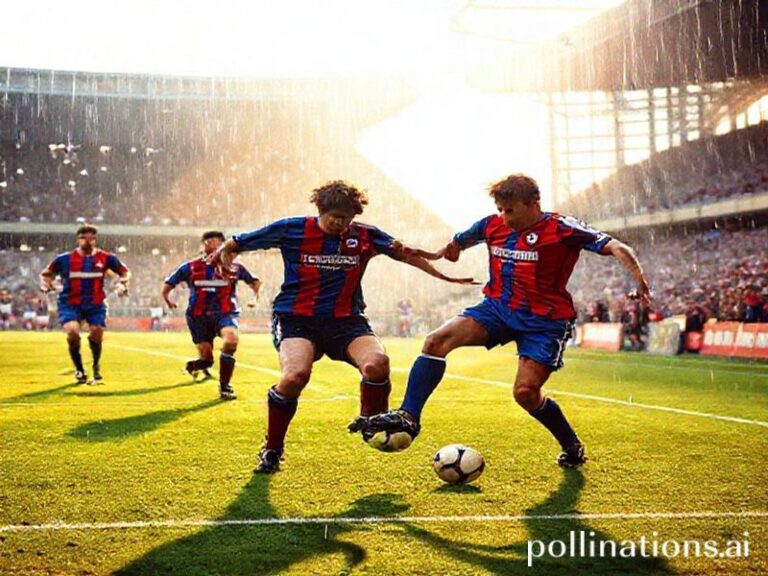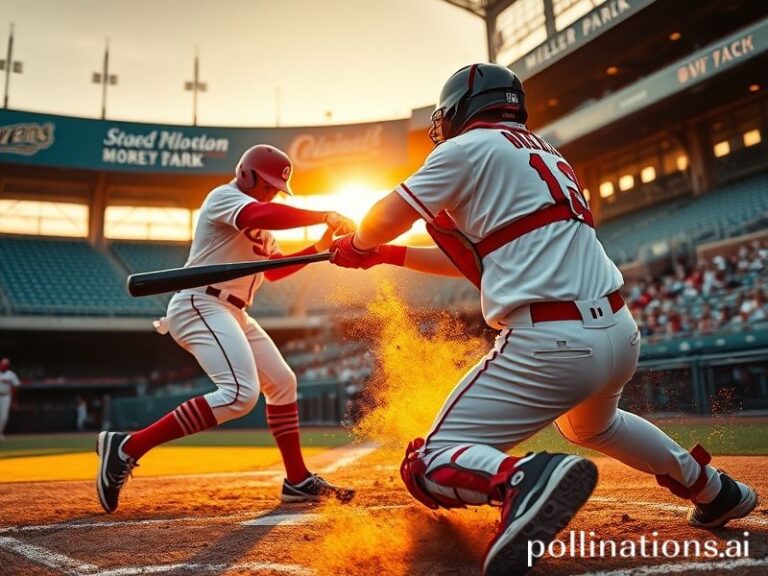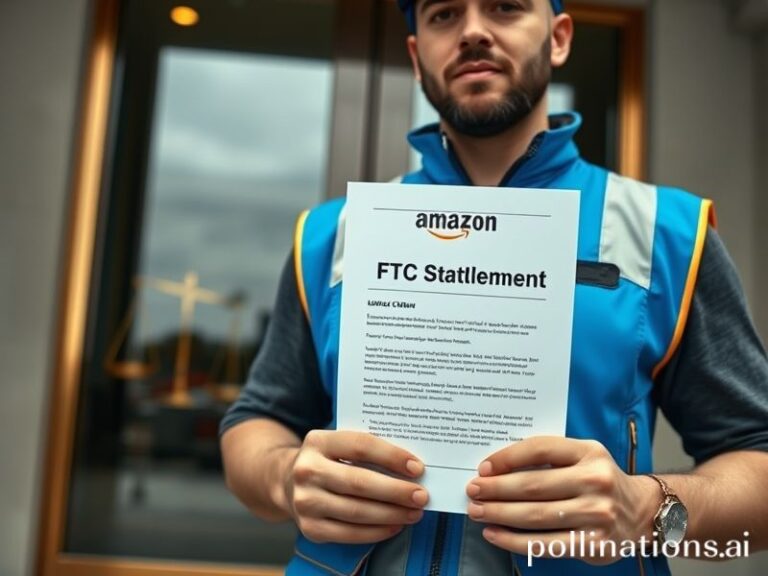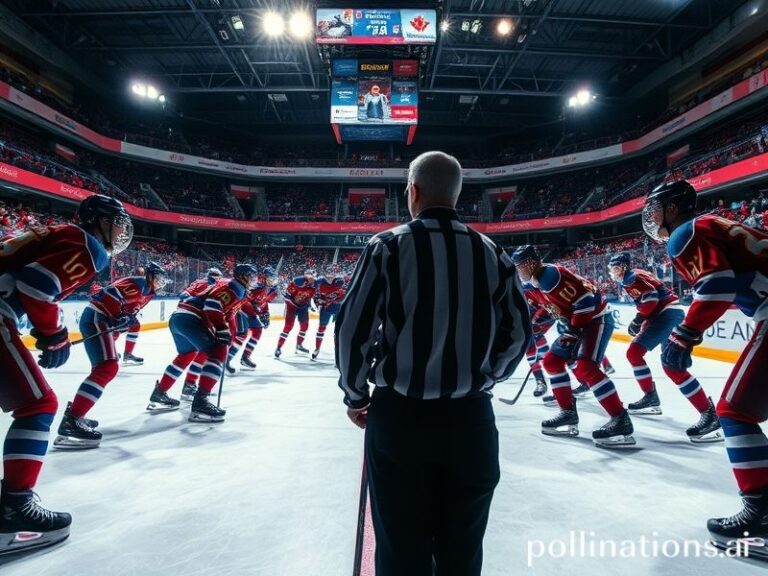Sevilla vs Villarreal: How a Spanish Side-Show Quietly Powers the Global Distraction Machine
Sevilla vs Villarreal: A Microscopic Civil War in the Age of Streaming and Existential Dread
By Diego “the Dispatch” Morales, Dave’s Locker Iberian Bureau (currently hiding in a tapas bar that doubles as a crypto mining rig)
The world will not end with a bang or a whimper, but with 22 men in luminous boots chasing a ball while 3.4 billion smartphones vibrate in synchronised despair. Tonight, at the Ramón Sánchez-Pizjuán—an arena named after a lawyer who probably never imagined his legacy would be measured in shirt sales and NFT ticket stubs—Sevilla and Villarreal meet for what European broadcasters optimistically label “La Liga’s Europa League dress-rehearsal” and what the rest of us call Tuesday.
From Kyiv to Kansas, insomniacs click illegal streams that buffer every time a Russian missile test or Midwest tornado disrupts the cloud. Each pixelated feint is a reminder that, somewhere, a data centre the size of Lichtenstein is boiling the Pacific just so a hedge-fund analyst in Singapore can yell “¡Vamos!” at his laptop. The match is therefore not sport; it is a planetary coping mechanism, cheaper than therapy and only slightly more corrupt.
Global stakes, parochial neuroses
Sevilla, once Europa League addicts, now treat the Conference League like methadone. Their ultras, who once sang about reconquering the Guadalquivir, now debate whether the club’s new American owners will rename the stadium “Sánchez-Pizjuán™ by Coca-Cola.” Across the pitch, Villarreal arrive as the pride of a 50,000-strong town famous for ceramic tiles and, increasingly, for laundering its reputation through Unai Emery’s tactical sorcery. To the outside world, it’s a quaint Iberian subplot. To the locals, it’s the Reconquista 2.0 with VAR.
The geopolitical tea leaves
Consider the squads: Sevilla’s back line features a Cameroonian, a Brazilian, and a French youth international on loan from Manchester City’s petrodollar nursery. Villarreal counters with a Nigerian striker whose goals finance Lagos real estate and a Japanese winger whose every dribble spikes Suntory share prices. The global supply chain of talent is so intricate that a misplaced pass in Andalusia can wipe $200k off a betting syndicate in Jakarta before you’ve finished your olives.
Meanwhile, FIFA’s newly announced 32-team Club World Cup—scheduled for the summer the Arctic permafrost is projected to belch its last methane sigh—means tonight’s result may determine seedings for an event nobody asked for, to be played in stadiums built by labour that definitely never asked for any of this. The circle of life, sponsored by Visa.
Humanity in microcosm
Minute 23: Sevilla’s goalkeeper spills a routine cross. Twitter erupts with memes juxtaposing the fumble with the latest inflation graph. Minute 67: Villarreal’s teenage substitute scores a worldie and immediately dedicates it to “all kids dreaming in refugee camps,” which is heart-warming until you remember his boot sponsor also manufactures tear-gas canisters. By stoppage time, both sets of fans are chanting in unison against the Super League, blissfully unaware that their clubs’ private equity partners are already measuring the goalposts for ad-space.
The existential whistle
The match ends 2-2, a scoreline that satisfies the betting algorithms and keeps both coaches employed for another week. In the mixed zone, players speak fluent cliché—“we go again,” “important point,” “focus on Sunday”—while journalists scribble like medieval monks preserving scripture for an illiterate future. Outside, Andalusian police politely kettle 200 teenagers who have mistaken post-match adrenaline for political agency. Somewhere above, a satellite photographs the stadium lights and transmits the image to a climate scientist who adds another data point to the “pointless human activity” column.
And yet, for 90 minutes plus stoppage, the planet’s myriad miseries were compressed into something comprehensible: a ball, two nets, and the fragile hope that, for once, the right team might win. It didn’t, of course. But tomorrow, the same circus packs up for Turin, then Tokyo, then wherever the next crisis needs distracting. Football remains the opium of the people—cut, these days, with amphetamines and served on a 5G platter.
Sleep tight, humanity. Extra time is just a geopolitical summit away.

